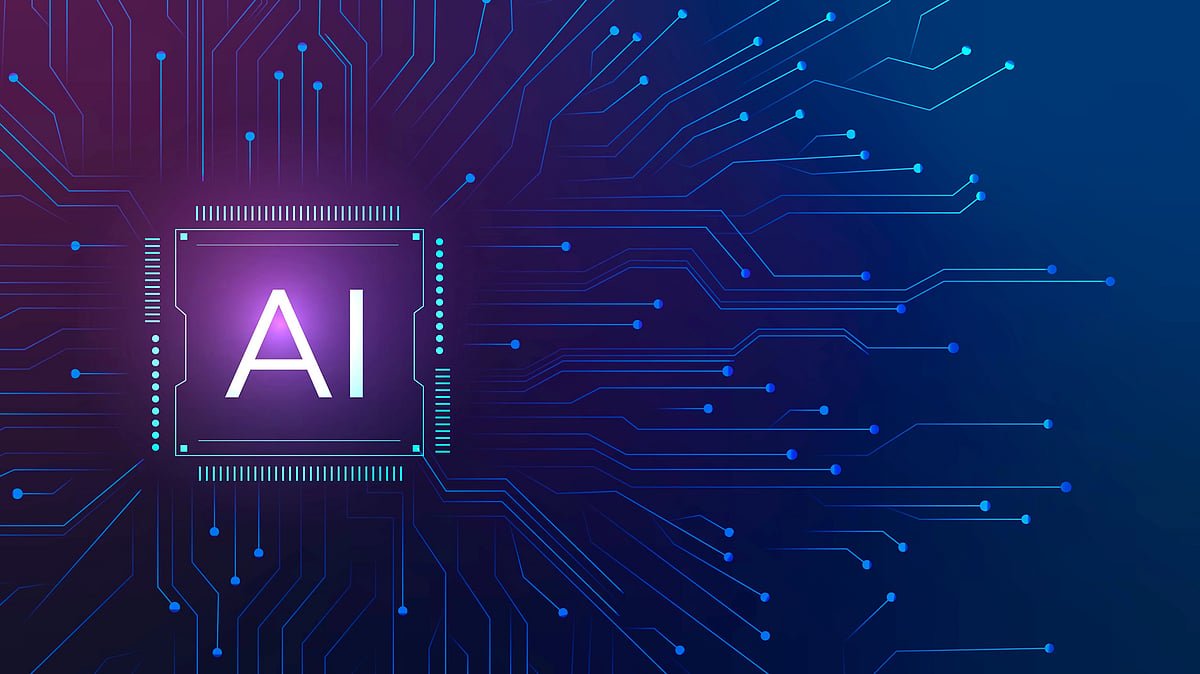TOKYO — Japanese-South Korean conglomerate Lotte Holdings announced plans Tuesday to expand its hotel business in Japan, aiming to operate 20 hotels in the country by 2034.
Brand Stories
Snack maker Lotte bets on Japan tourism with plan for 20 hotels

At Lotte City Hotel Kinshicho, some rooms are themed around Lotte snack brands like Koala’s March. (Lotte City Hotel)
YUME NAMEKATA and ALINE SAUVEGRAIN TANABE
September 3, 2025 03:32 JST
Brand Stories
Educators adapting to increased use of artificial intelligence in the classroom

As a new school year begins, discussions are revolving around the rapid evolution of the use of artificial intelligence and the potential risks and benefits that come with it in the classroom.
“How are we going to implement it is the question, and how can we support students’ learning? It’s not necessarily about good or bad. If we categorize it, then I think it could paralyze some people. Well, if it’s bad, then I’m never going to use this or incorporate it at all. And then they fall behind,” said Brensa Stoesz, the research lead at the University of Manitoba.
University of Winnipeg professor Michael Holden believes that, given how hard it is for educators to decipher what AI-generated material is and what isn’t, policing AI is not the best approach, but rather teaching students the right applications to use it to improve efficiency, without sacrificing comprehension.
“How are we going to change things so that our teaching and learning are actually defensible with the kind of tools that are out there?” asked Holden.
“The biggest challenge on the student’s side of things is do they know what these tools are, what they’re capable of, and what they’re not capable of, so do they actually have meaningful support to understand these tools and how to use them in their courses and in their life.”
Adding, “Do I just want to use it for brainstorming, do I want to use it to ask questions, do I want to look at what the AI spits out and maybe critique it and evaluate using my knowledge of whatever subject I’m studying, lots of different ways to use these tools, then your actually helping students develop the skills and confidence that you really care about.”
As for the future of where artificial intelligence goes, Holden says it’s important to remember not to put the cart before the horse when it comes to creating education policies.
“I don’t want us to say, ‘Oh, this is a utopia,’ or ‘This is the end of the world.’ How are we going to make an intentional decision so that we’re focused on what learning, what skill am I trying to develop right now, that’s the thing that I can control and focus on, and less about where the world is going to be in 30 years. That’s a really difficult game to play,” said Holden.
Brand Stories
AI Already Surpasses Average Human Ability In Many Domains: Google DeepMind Scientist

Artificial intelligence has already exceeded human abilities in certain areas, according to Google DeepMind’s chief scientist, Jeff Dean. He observes that many of today’s leading AI models are capable of handling a wide variety of “non-physical tasks” better than an average person can.
During his appearance on the Moonshot Podcast, Dean highlighted that most individuals find it quite challenging when faced with tasks they are not used to doing. In contrast, he pointed out that modern AI systems are often able to tackle these unfamiliar problems with a fair degree of success.
“Most people are not that good at a random task that they’ve never done before, and some of the models we have today are actually pretty reasonable at most things,” he said.
Dean made it clear that there is a significant difference between outperforming everyday individuals and reaching the standards set by leading experts. He emphasised that although AI can manage a broad spectrum of cognitive tasks with competence, these systems still have their shortcomings and should not be considered flawless.
“They will fail at a lot of things, they’re not human, expert level in some things,” he said.
Dean noted AI’s remarkable capacity to apply its knowledge across a variety of fields. This is a skill that many people find difficult to achieve as effectively, according to the seasoned software engineer.
When questioned about whether computers might soon outpace humans in generating scientific or engineering breakthroughs, he indicated that such a transition is already underway in certain specialised areas. “We’re actually probably already close to that in some domains,” he said.
Another aspect he touched upon in the podcast is his hesitation to discuss artificial general intelligence. “The reason I tend to steer away from AGI conversations is lots of people have very different definitions of it, and the difficulty of the problem varies by factors of a trillion,” the top scientist highlighted.
Demis Hassabis, CEO of Google DeepMind and Dean’s boss, holds a more hopeful view on AGI. In a recent interview with WIRED, he expressed confidence that a major breakthrough in AGI could be realised within the next five to ten years, signalling a significant advance in AI capabilities.
Google DeepMind is the primary IA research lab of the tech giant. It was formed in 2023 after the merger of DeepMind and Google Brain, the company’s in-house AI research team.
Brand Stories
why the success of AI depends on good data – Physics World
Copyright © 2025 by IOP Publishing Ltd and individual contributors
-

 Brand Stories1 month ago
Brand Stories1 month agoBloom Hotels: A Modern Vision of Hospitality Redefining Travel
-

 Brand Stories1 month ago
Brand Stories1 month agoCheQin.ai sets a new standard for hotel booking with its AI capabilities: empowering travellers to bargain, choose the best, and book with clarity.
-

 Destinations & Things To Do1 month ago
Destinations & Things To Do1 month agoThis Hidden Beach in India Glows at Night-But Only in One Secret Season
-

 Destinations & Things To Do1 month ago
Destinations & Things To Do1 month agoUntouched Destinations: Stunning Hidden Gems You Must Visit
-

 AI in Travel1 month ago
AI in Travel1 month agoAI Travel Revolution: Must-Have Guide to the Best Experience
-

 Family Travel2 months ago
Family Travel2 months agoThings to Do Indoors in New Jersey
-

 Ways to Travel2 months ago
Ways to Travel2 months agoNCT Dream embarks on time-travel adventure in 5th album 'Go Back to the Future' – ABS-CBN
-

 Restaurants & Food5 months ago
Restaurants & Food5 months ago10 New Restaurants In Delhi NCR To Head To This Month
-

 Brand Stories2 months ago
Brand Stories2 months agoVoice AI Startup ElevenLabs Plans to Add Hubs Around the World
-

 Brand Stories1 month ago
Brand Stories1 month agoContactless Hospitality: Why Remote Management Technology Is Key to Seamless Guest Experiences













You must be logged in to post a comment Login